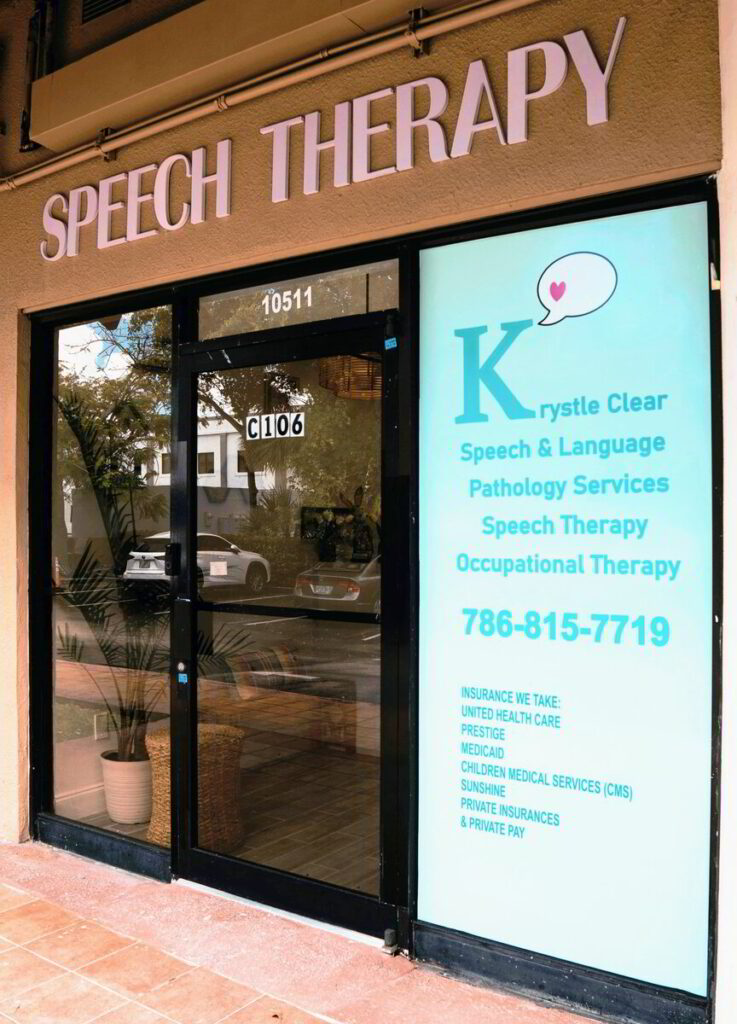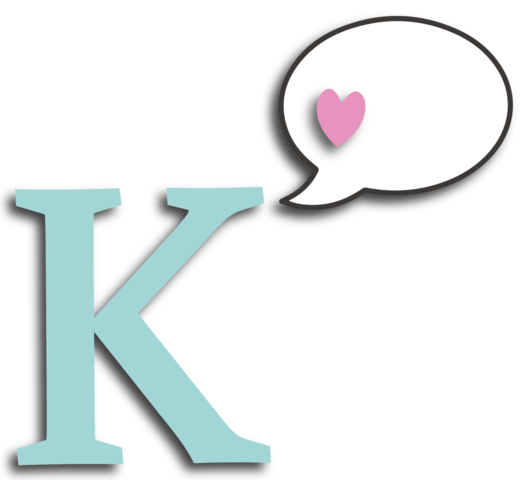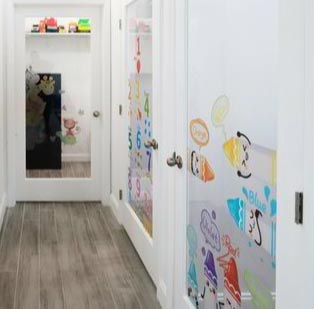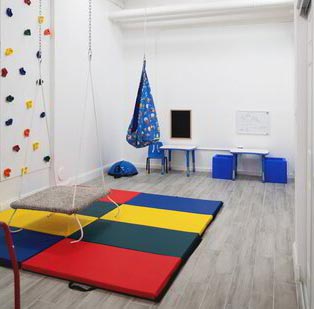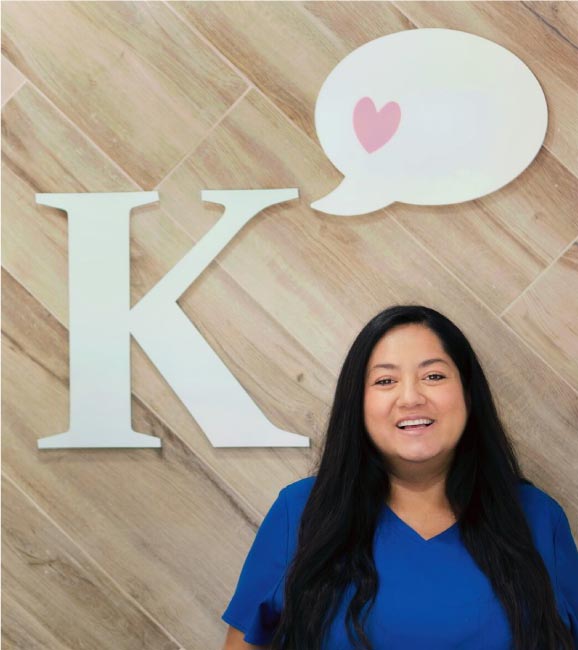KRYSTLE CLEAR SPEECH
LANGUAGE PATHOLOGY
SERVICES

ABOUT US
I have been working in early intervention for nearly 20 years. A former kindergarten educator whose dream was to work with children and help them reach their aspirations and dreams. As I enter the speech and language pathology field in 2013 I discovered how much more I can help not only children but their families, as well as the geriatric population. I have been actively evaluating and treating pediatric and adult patients for diagnosis of language disorders, Dysphagia, Dysarthria, Apraxia, Aphasia, and other communication cognitive deficits/disorders.
Krystle Clear Speech and Language Pathology Services was established in 2013, and we have recently opened our private clinical setting to be able to assist the growing needs of our patients.
MISSION
Our mission is to provide the best possible treatment and care to improve the quality of life of our patients and their families by assisting them in reaching their maximum potential.
VISION
Our vision is to reach as many families as we can and give them the tools they need to assist their love ones in becoming the best version of themselves.
OUR SERVICES
We offer speech and language treatment for pediatric population and geriatrics population.
We provide pediatric speech, language therapy, and occupational therapy. There are several speech and language disorders that can be treated with the help of speech therapy by a license speech and language pathologist:
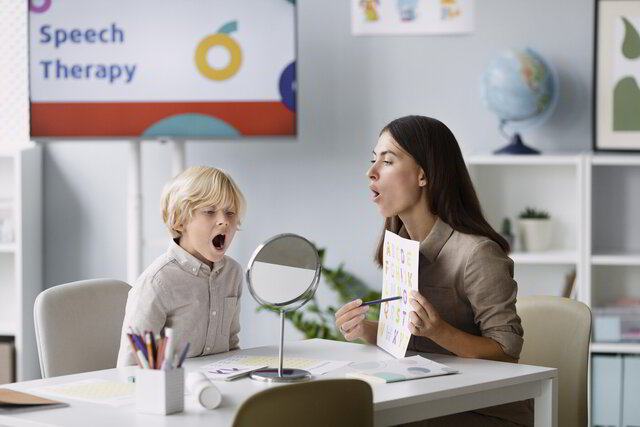
Articulation disorders

Fluency disorders
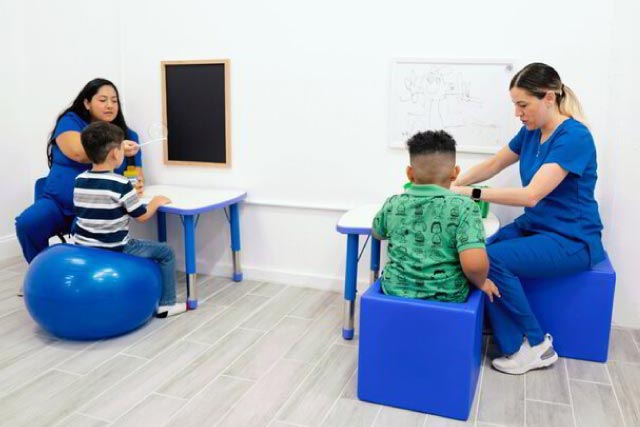
Resonance disorders
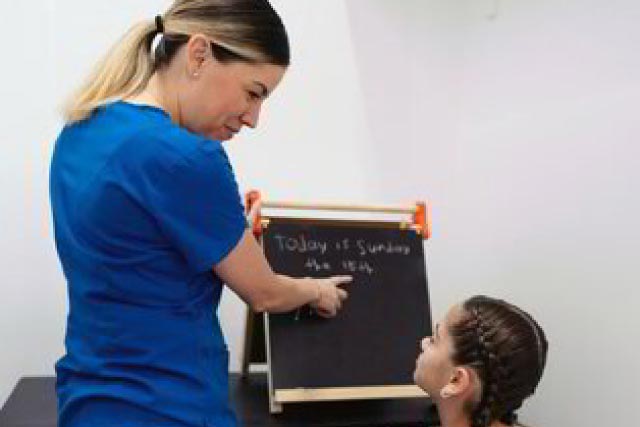
Expressive disorders

Receptive disorders

Cognitive-communication disorders

Aphasia

Dysarthria
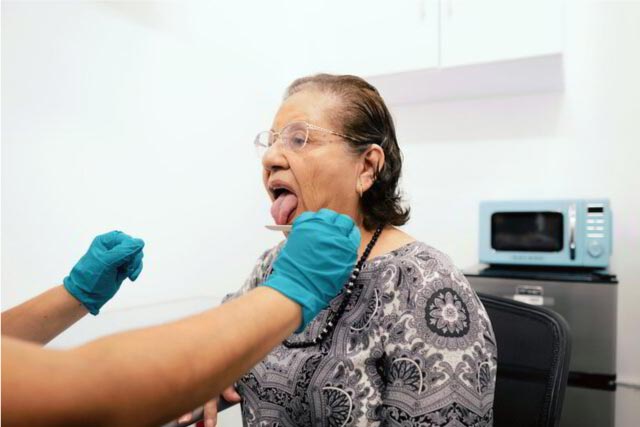
Dysphagia
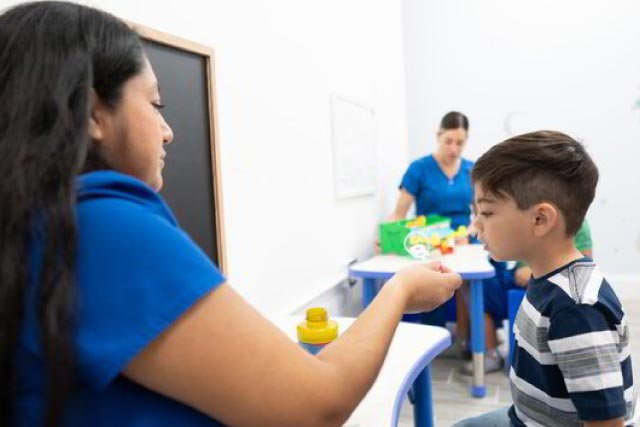
Childhood Apraxia of speech
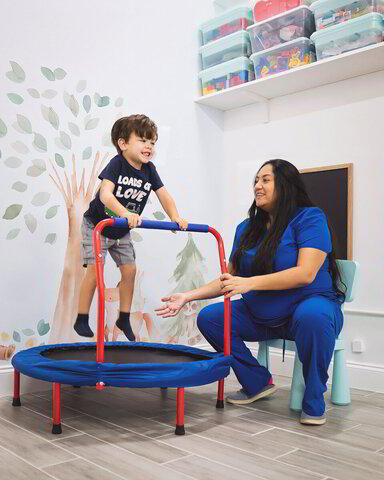
THERAPY RATE / PRICING
- Speech therapy: $120 – $150 (aprox. 45 min).
- Language therapy: $120 – $150 (aprox. 45 min).
- Fluency of speech therapy: $120 – $150 (aprox. 30 min).
- Feeding therapy: $120 – $150 (aprox. 30 min).
- Vital stim therapy (NMES) for oral and pharyngeal dysphagia: $230 (aprox. 45 min).
- Evaluation of speech, language, fluency: $425
- Evaluation of feeding/dysphagia: $680
Happy Clients
Code quality
I love the services that I receive for my son, the therapists are loving and caring, the owner is very nice, caring, professional and fast in trying to help you, I recommend this clinic 100 %

Brenda Luque
Great quality!
Excellent, very professional and friendly!!! My son love it!!! ⭐️⭐️⭐️⭐️⭐️

Arelis Ruisanchez Sixto
